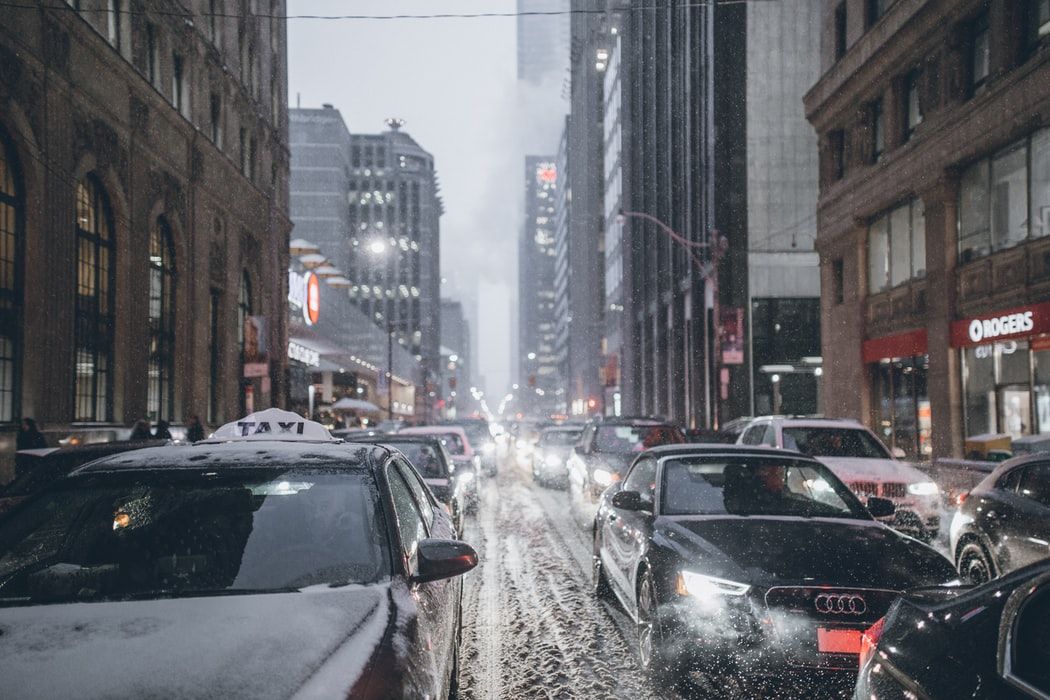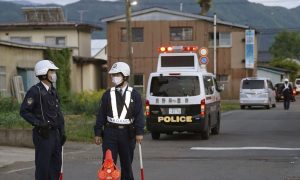Owing to a heavy snowstorm, more than 1,000 people in Japan spent Thursday night stuck in a traffic jam with little food or water.
Reports of the traffic jam, on the Kanetsu Expressway connecting Tokyo and Niigata prefectures, started emerging on Wednesday. By the early hours of Thursday morning, authorities had closed the highway entrance to clear clogging, CNN reported.
The snow, which began on Wednesday evening, has caused multiple traffic jams along the road.
The jam began after a car got stuck in deep snow in the middle of the highway, grinding traffic to a halt, according to the Nippon Expressway Company (NEXCO), the country’s highway operator, CNN reported.
Hit with heavy snowfall, the country’s central and northern regions transits were disrupted and some communities lost power.
Traffic built up on the stalled highway; at its peak on Thursday night, the jam stretched to 15 kilometres (about 9.3 miles), NEXCO told CNN.
While some segments of the long traffic line were able to move slowly with starts and stops, some motorists remained stuck in place for more than 40 hours.
The jam continued through Friday; the lanes coming from Tokyo eventually cleared, but the lanes heading into the capital were still halted.
Also read: Snow brings joy, and misery, to pandemic-weary New York
As of noon on Friday, there were still 1,000 cars stuck.
Some limited relief came on Thursday when emergency responders passed out rice balls, bread, crackers, sweet snacks, and 600 bottles of water, as well as thousands of litres of gasoline and diesel oil.
But it wasn’t enough, with drivers stuck for many more hours in the cold.
“We are trying our best to rescue drivers and passengers, we are ready to continue the operation through the night,” a Niigata disaster management official told AFP on Thursday night.
Prime Minister Yoshihide Suga has met with ministers to discuss the heavy snowfall, calling on local officials to work together to restore services and help those affected, NHK reported.
According to the meteorological agency, the heavy snow – said to be this year’s most intense cold spell – is expected to continue through the weekend.







